Classical CDs Weekly: Bach, Britten, Mariusz Kwiecień
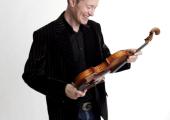
A spiky British classic, a seductive Polish baritone and another collection of Bach keyboard concertos
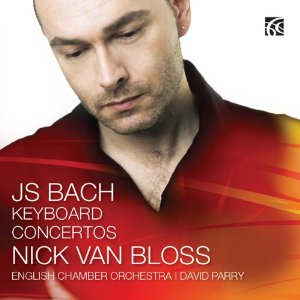


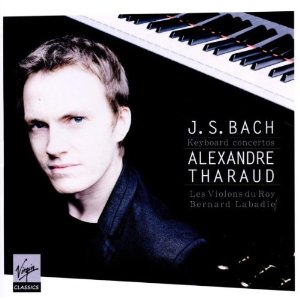 Bach: Keyboard Concertos Alexandre Tharaud/Les Violons du Roy/Labadie (Virgin)
Bach: Keyboard Concertos Alexandre Tharaud/Les Violons du Roy/Labadie (Virgin)
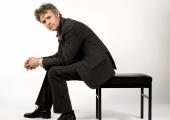
Bach: Complete Keyboard Works Ivo Janssen (Void Classics)
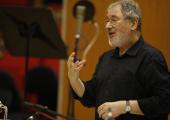
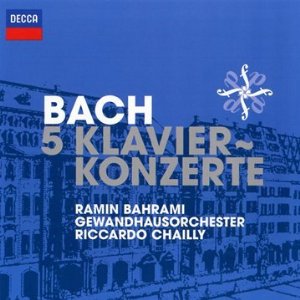
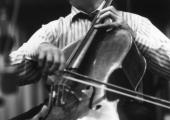
How can even a generously proportioned documentary do justice to one of the musical world’s greatest life forces? John Bridcut knows what to do: make sure all your interviewees have a close personal association with your chosen giant in one of his many spheres of influence, then get cellist-disciples from Rostropovich’s Class 19 in the Moscow Conservatoire – here Moray Welsh, Natalia Gutman, Karine Georgian and Elizabeth Wilson - to watch and listen to their mentor talking and playing. The result is a towering model of its kind.
A 50th birthday is a landmark occasion. One has plenty to look back on, whilst still having much to look forward to. Plus there’s all that life experience to draw on. What’s not to feel positive about? In the case of a gallery that’s built up a remarkable reputation as an innovative space for contemporary art outside London, sheer staying power is surely to be cheered and celebrated – "hear hear" for the next 50 years, and so forth.

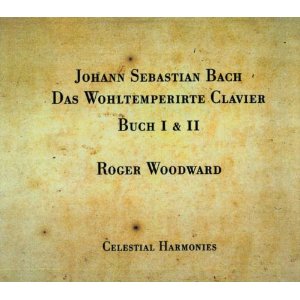
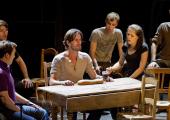
It’s not like we’re short of operas. Thousands of works spanning over 400 years make up the western operatic repertoire. Of these maybe 100 get a regular airing in contemporary opera houses, with only about 20 making it into the popular consciousness. For the rest, a trip outside the archives is rare indeed, with many scores still vainly awaiting their “modern premiere”. So why then, with so many works to choose from, do directors persist in returning to Bach – who famously never composed an opera – for inspiration?
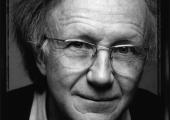
A legendary septuagenarian wind player from Switzerland returns to the repertoire with which he made his name 50 years ago, and there's an exciting live reading of a gloomy fin-de-siècle symphony conducted by a contemporary French giant. The same conductor also treats us to a sparkling Stravinsky rarity, and a youthful duo lighten the mood with some Russian fireworks on Merseyside.
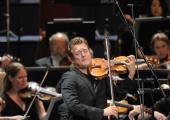
This year’s Choral Sundays at the Proms are a wonderfully mixed bag. Mighty choral touchstones are represented by Mendelssohn’s Elijah, both the Verdi and Mozart Requiems and Beethoven Missa solemnis, but there’s also an enticing strand of curiosities. Looming largest among these has of course been Brian’s Gothic Symphony, but emerging now from its sprawling shadow are less obscure but no less interesting works – Britten’s Spring Symphony, and last night Mahler’s folkloric Opus 1 cantata Das klagende lied.